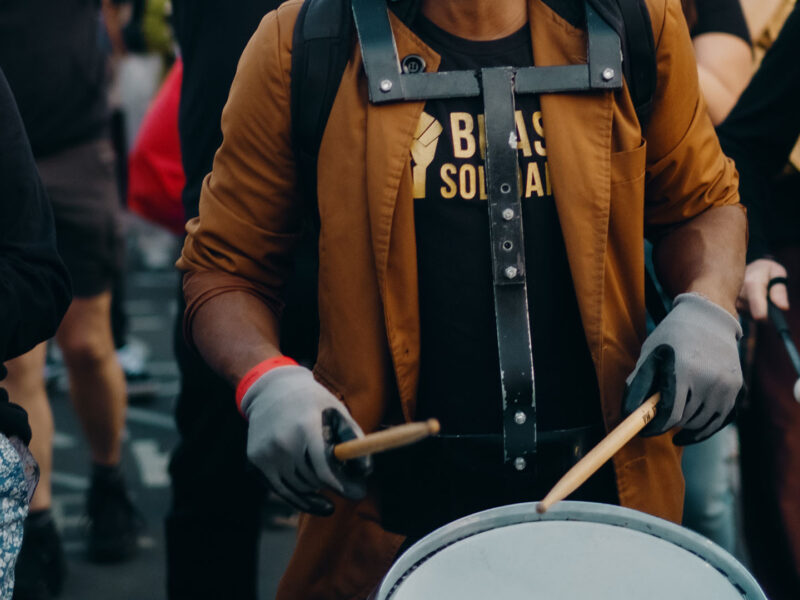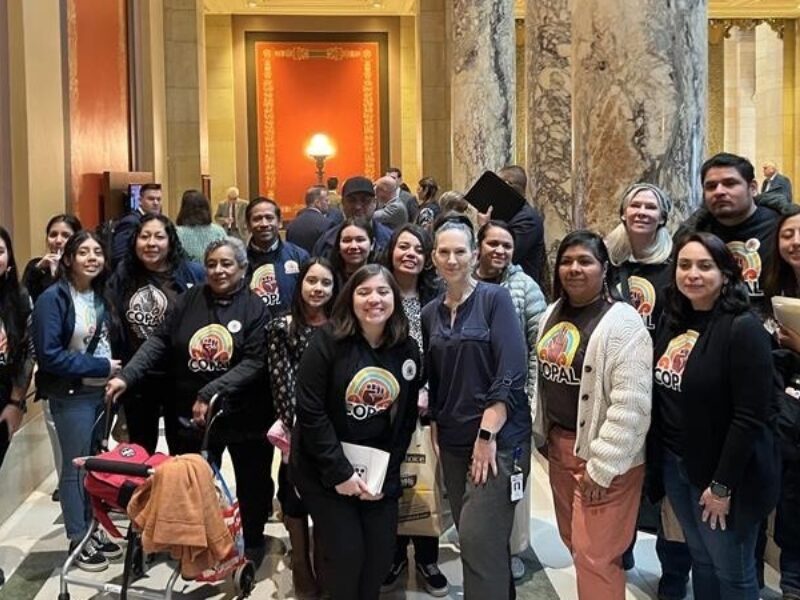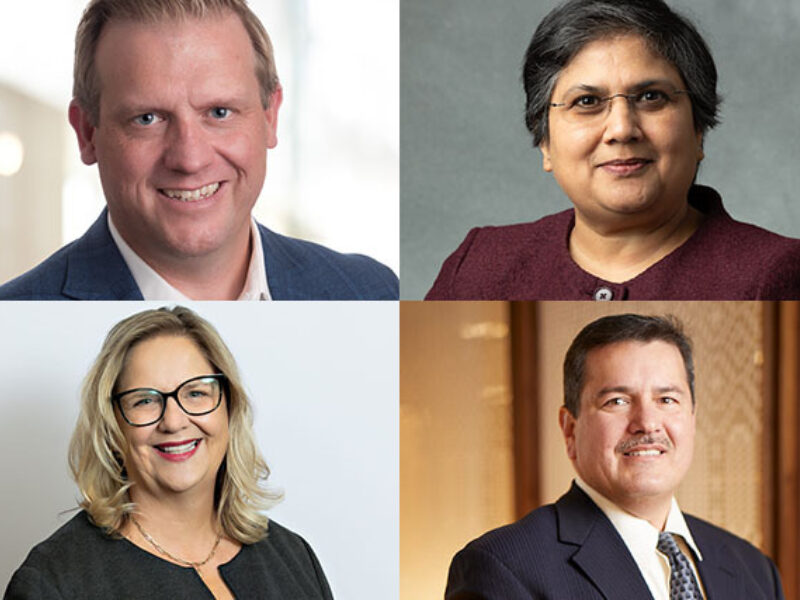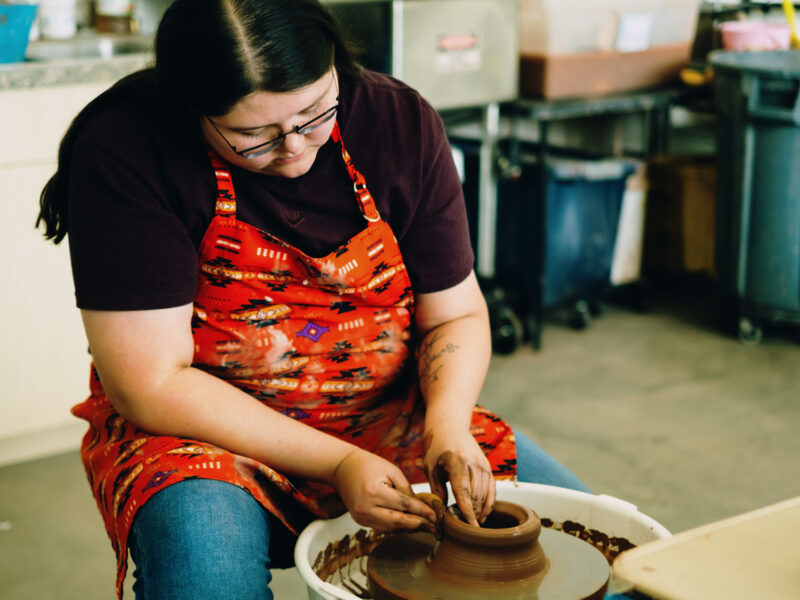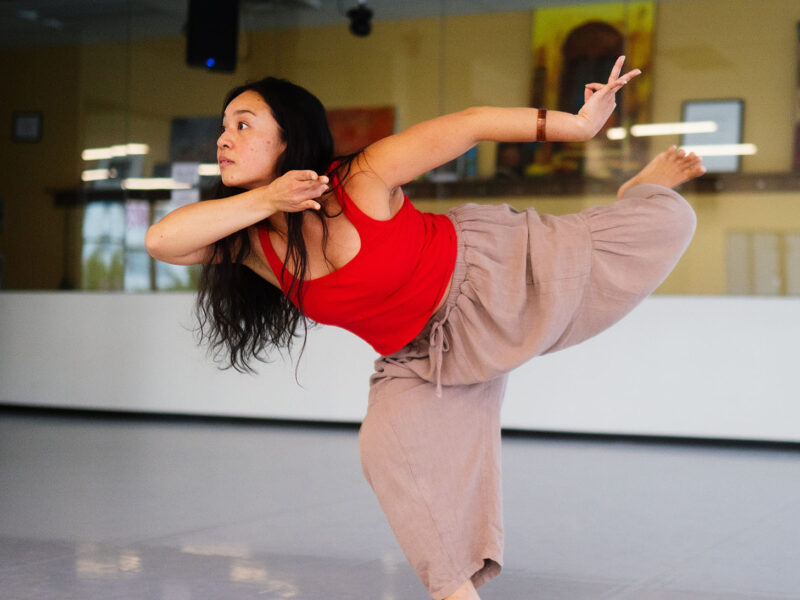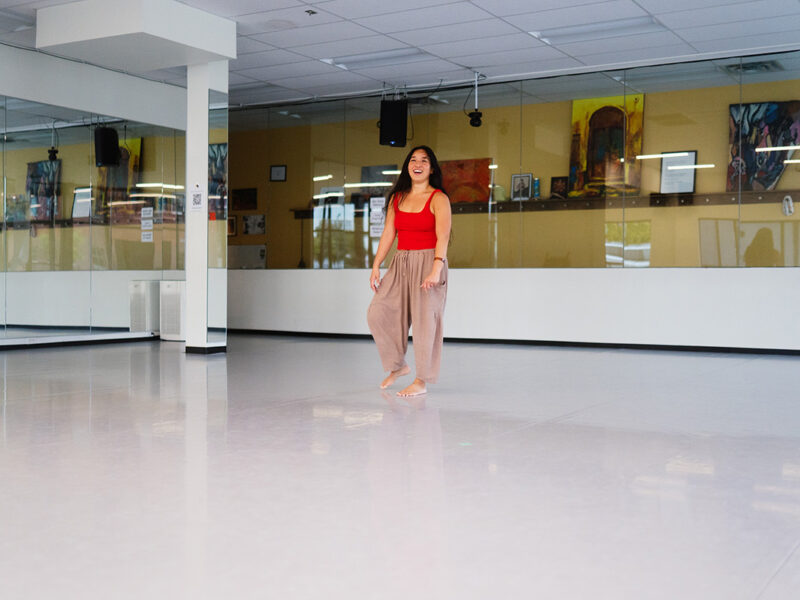See the statewide impact and learnings from the Minnesota Disaster Recovery Fund for coronavirus, one year after the fund’s first grants.
Just one year ago, the Minnesota Disaster Recovery Fund for coronavirus (MDRF) made its first grants to the community in response to the emerging threat of COVID-19.
The effort came together quickly as people and organizations across the state navigated enormous uncertainty and unprecedented need. We had no way of knowing how long the pandemic would last - only that we must do something.
The Minnesota Council on Foundations (MCF), in partnership with the Saint Paul & Minnesota Foundation, created the MDRF in March 2020. By August 2020, the fund had raised and distributed $11.6 million and supported 93 organizations throughout Minnesota. We thank the many individual and organizational donors who stepped forward to support this statewide response.
Impact Across the State
Healthcare
The Lower Sioux Indian Community received $200,000 from MDRF to help alleviate the economic stress on households and to provide direct cash relief for food and basic needs to tribal members. Additionally, the Lower Sioux tribal citizens operate a small but full-scale clinic. The clinic provides medical, optical, dental and community health care for the Lower Sioux Nation.
During the pandemic, the clinic was able to maintain basic health care services while also integrating COVID-19 care and participating actively in Lower Sioux’s Emergency Operations Center.


Basic Needs & Technical Assistance
The Community Foundation of Grand Forks, East Grand Forks & Region activated its Nonprofit Relief Fund with $40,000 awarded from MDRF. They identified and supported nonprofits directly assisting residents in Polk County, Minnesota. Between April 2020 and January 2021, they expended all of the $40,000 to regional nonprofits to assist with a variety of needs, including staffing, technology, food and housing assistance, and personal protective equipment.
One of their grantees was to the Al-Huda Center, a community center located in East Grand Forks that primarily serves immigrants and non-English speakers. Funding from MDRF allowed the Al-Huda Center to continue to serve multiple crucial functions, including helping people apply for unemployment and/or citizenship, job search and receive tutoring and ESL lessons.
Food Security
Greater White Bear Lake Community Foundation (GWBLCF) received a $20,000 grant from MDRF. Through their regranting, GWBLCF supported Newtrax, a local nonprofit with a mission to provide transportation services to people with intellectual and developmental disabilities.
In March 2020, their operations were temporarily suspended. Newtrax repurposed their idle buses and drivers to distribute food to those currently in need.

Learning From Our Work
We and the Minnesota Council on Foundations are learning organizations. As we reflect on organizing the MDRF in response to COVID, we seek to understand what worked, listen to feedback, acknowledge our challenges and prepare to improve upon our work in the future.
The MDRF impact and learning report demonstrates how collectively we can respond to pressing community needs with a rapid and agile response.





